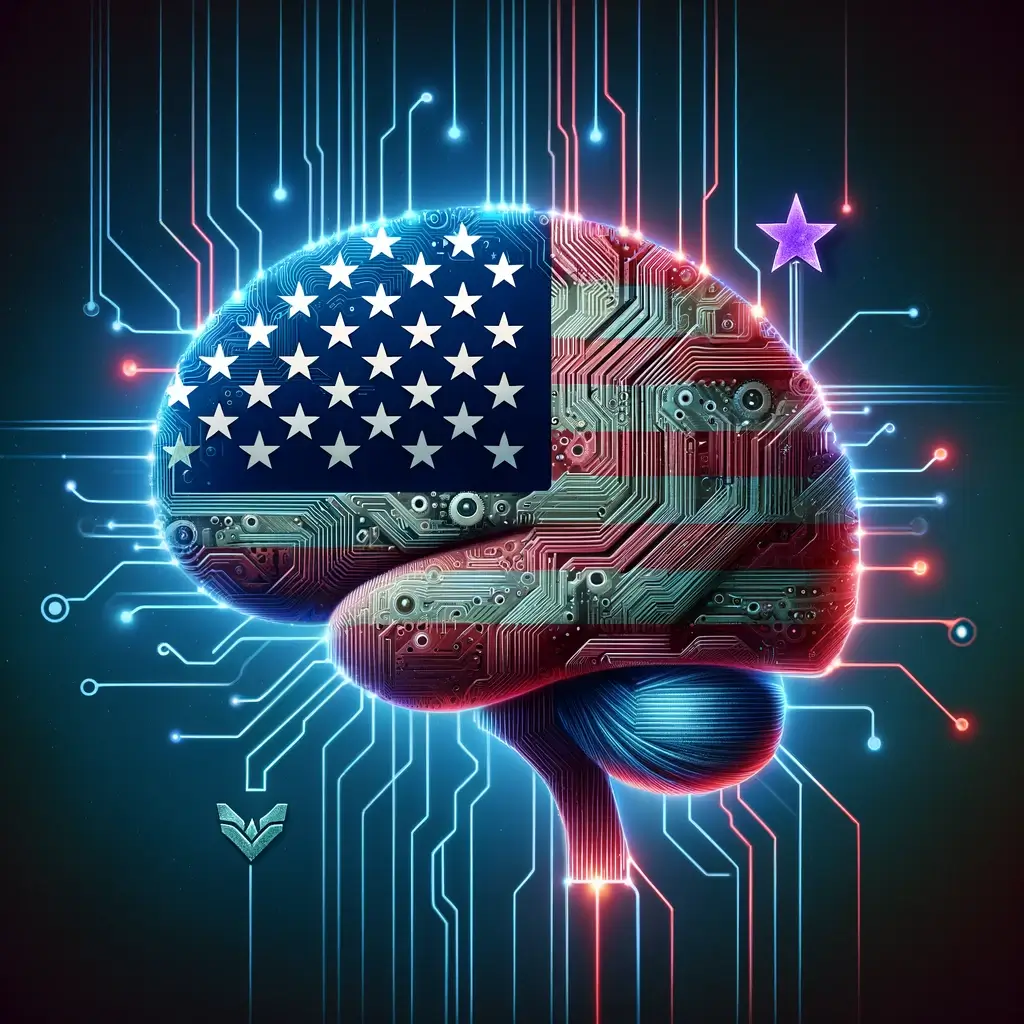Millions of people will benefit from the fusion of artificial intelligence and cloud computing. Artificial intelligence and cloud computing are already increasingly widespread in our daily lives because of digital assistants like Google Home, Siri, and Amazon’s Alexa. People can control a linked speaker to play any song, change the temperature of their smart home thermostats, or buy a product, all with a simple voice command. Artificial Intelligence and cloud-based technologies work together to make these demands a reality. Most consumers are unaware that these linked, intuitive experiences are made possible by a bespoke combination of artificial intelligence and cloud computing.
Artificial Intelligence technologies in cloud computing help firms become more productive, proactive, and insight-driven on a far bigger scale than possible. Artificial Intelligence gives enterprises more flexibility, adaptability, and cost savings with the cloud.
As artificial intelligence and cloud computing merge, businesses will be able to better manage their data, find trends, correlations, and insights in it, provide better customer service, and streamline operations.
Let’s take a deeper look at how artificial intelligence is the golden ticket for cloud computing:
Unlock the future of intelligent applications with our cutting-edge Generative AI integration services!
Artificial Intelligence Is the Golden Ticket for Cloud Computing
- Using AI to Improve Cloud Data Management
Artificial intelligence techniques are enhancing data management on the cloud level. Discovering, ingesting, cataloging, and managing data over time are all difficult tasks when dealing with the massive amounts of data that today’s enterprises create and gather. When it comes to dealing with large amounts of data, cloud computing services are already using artificial intelligence (AI). As an example, perhaps the simplest financial institution may have to keep track of thousands of transactions each day.
Artificial intelligence (AI) technologies may make it easier for financial institutions to provide their customers with up-to-date, accurate real-time data. Additionally, this approach might signal fraudulent activities or other areas of concern. Branding, sales communications, customer relations, and supply chain data processing can all benefit from similar advances. - Using AI to Create a Self-Managing Cloud
The use of artificial intelligence (AI) in IT infrastructure is helping to reduce workloads and simplify repetitive operations. In the future, public and private cloud instances may depend on these AI technologies to analyze, regulate, and perhaps self-heal when a problem arises, according to some forecasters. First, AI may be utilized to automate routine tasks, and then its analytical skills can be leveraged to develop more efficient systems that operate on their own. The system itself can take care of everyday tasks, enabling IT personnel to concentrate on higher-value strategic initiatives and reap the benefits of cloud computing. - AI-SaaS Integration: Getting More Done
With the emission order to provide even more value, bigger SaaS systems are incorporating artificial intelligence techniques. SaaS vendors increasingly integrate artificial intelligence (AI) solutions into their larger software suites to give end consumers more functionality and value. Examine a well-known example: the CRM system Salesforce and its AI product Einstein. With a CRM, you can keep track of and customize interactions with many customers and their related information. However, the sheer amount of data might be a little much to bear.
In order to help organizations sell more, develop their sales methods, and communicate with consumers, Salesforce created Einstein. Customers’ contacts with a company may be analyzed for trends using these tools to guide salespeople on the best methods of communication, such as calls, emails, or in-person encounters. It may also be used to offer “next step” suggestions depending on the purchasing signals the gadget is picking upon. - Invoking Interactive Cloud Services
Artificial Intelligence as a network operation is also reshaping how organizations use their technology. Brands may sell their items more efficiently using a cloud-based retailing platform. Price adjustments may be made automatically in response to changes in demand, stock levels, competitors’ revenues, and market dynamics in the module.
Businesses may handle their data better thanks to advanced modeling techniques, such as deep neural networks, which can have significant real-time ramifications. By using an AI-powered valuation mechanism like this, a business can be confident that its prices are constantly competitive. In addition to greater data use, this is about completing analysis and then implementing it without human interaction. - Reducing Expenses and Mistakes via Artificial Intelligence
Cloud computing may benefit significantly from the incorporation of artificial intelligence. This enables minimal human intervention and the automation of the activities at hand. ‘ Businesses may have a beneficial influence by minimizing human involvement and building a self-learning model, resulting in quicker decision making and fewer individuals. As a result, both expenses and mistakes will be reduced. When combined with AI, a cloud module ensures the most exemplary service support by studying demand, available resources, competition, and market trends without human involvement. - Enhancing Security With Artificial Intelligence
Since cloud-based resources are more secure when Artificial Intelligence is integrated, the benefits of both are enhanced. Artificial Intelligence technologies improve data processing and mistake detection. Unauthorized and suspicious access and operator mistakes are also reduced, and odd occurrences or interference are detected and blocked. Cloud-based security automation powered by AI detects and blocks threats, reducing the risk of security breaches. Because of these reasons, it is safe to say that artificial intelligence is the golden ticket to cloud computing.
What Does the Future Hold for Artificial Intelligence and Cloud Computing Merge?
McKinsey has performed research to examine how artificial intelligence (AI) may affect value generation in various businesses. Across 19 commercial sectors and almost 400 possible use cases, they predict that AI may generate $3.5 trillion to $5.8 trillion in annual value. This is a cautious estimate since it is based on a small subset of AI approaches. According to McKinsey, there might be an annual effect of $15.4 trillion.
Statista has also predicted the global AI market value to exceed $89 billion yearly by 2025. Cloud computing will play a significant role in increasing the effect and breadth of AI on the broader market, and artificial intelligence will play an essential role in that process.
Even though AI has enormous potential to assist businesses, Deloitte found in an investigation that it is out of reach for many enterprises due to the high demand for technical personnel and the vast infrastructure it requires. To help with this, we have a cloud. In the end, Deloitte points out that these inventors are making it simpler for more businesses to reap the benefits of artificial intelligence. Even if they do not have access to large data sets or their big processing capacity, they still have a leg up on the competition. Without making significant upfront commitments, they may utilize cloud-based services that alleviate these deficiencies. The cloud is decentralizing AI by making it available to businesses right now.
Conclusion to Is AI the Golden Ticket for Cloud
Artificial intelligence and cloud computing are reshaping industries on all fronts and in all sectors. AI and the cloud have the potential to revolutionize many industries, from reinforcement learning and pattern recognition to the automation of crucial procedures. With each passing day, this landscape becomes more prominent, and so does its use. When integrating and expanding business functions and interconnections, AI and cloud computing work together as a dream team to add the Golden touch.
Today, there are some instances of this on the market, but the landscape implies that this would only develop in the future. Start exploring ways Artificial Intelligence and cloud computing might help you provide better user experiences, operate more effectively, and get the most out of the information and analytics you acquire in the marketplace.
Contact us for services and solutions related to is AI the Golden Ticket for Cloud?
Further blogs within this Is AI the Golden Ticket for Cloud? category.




